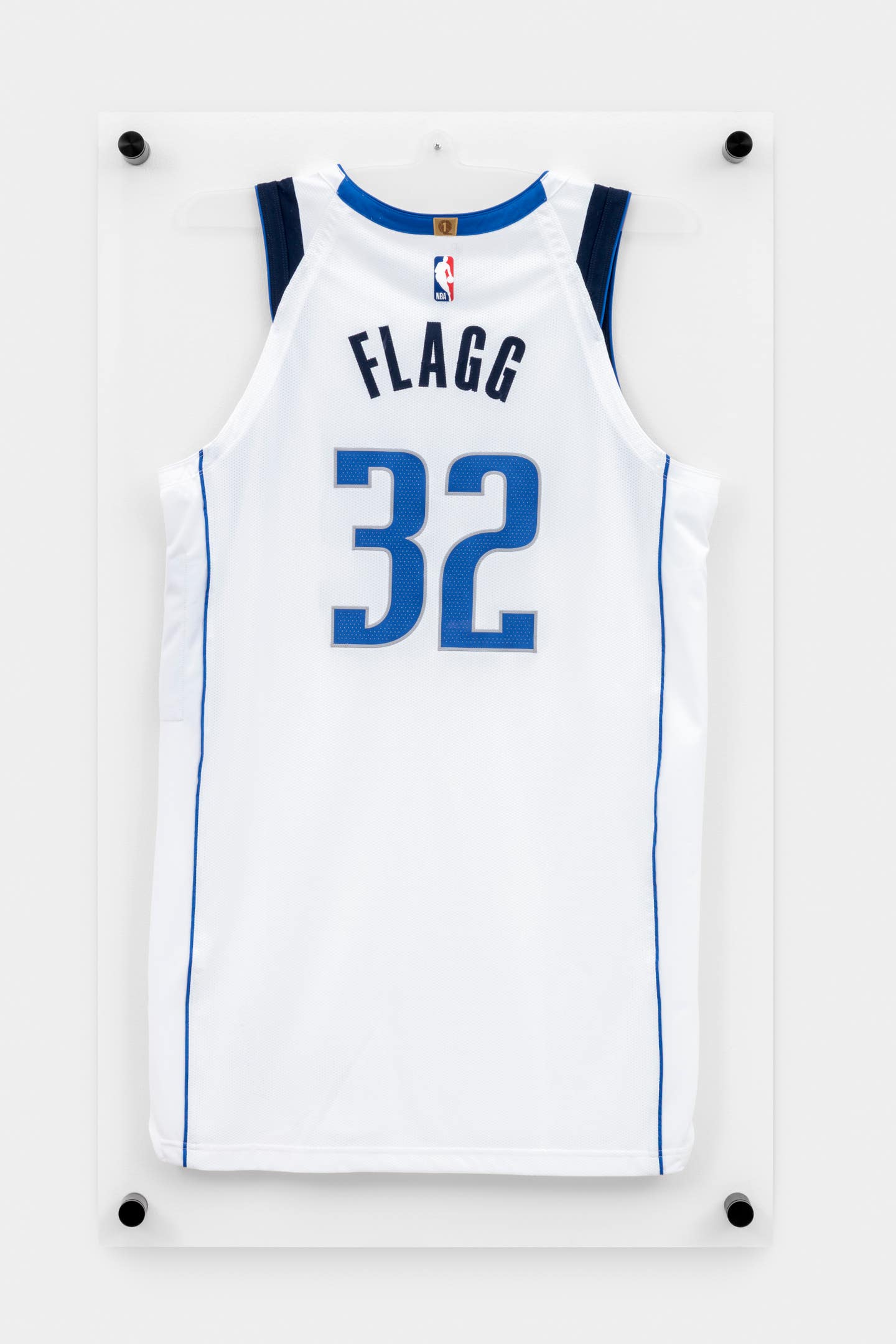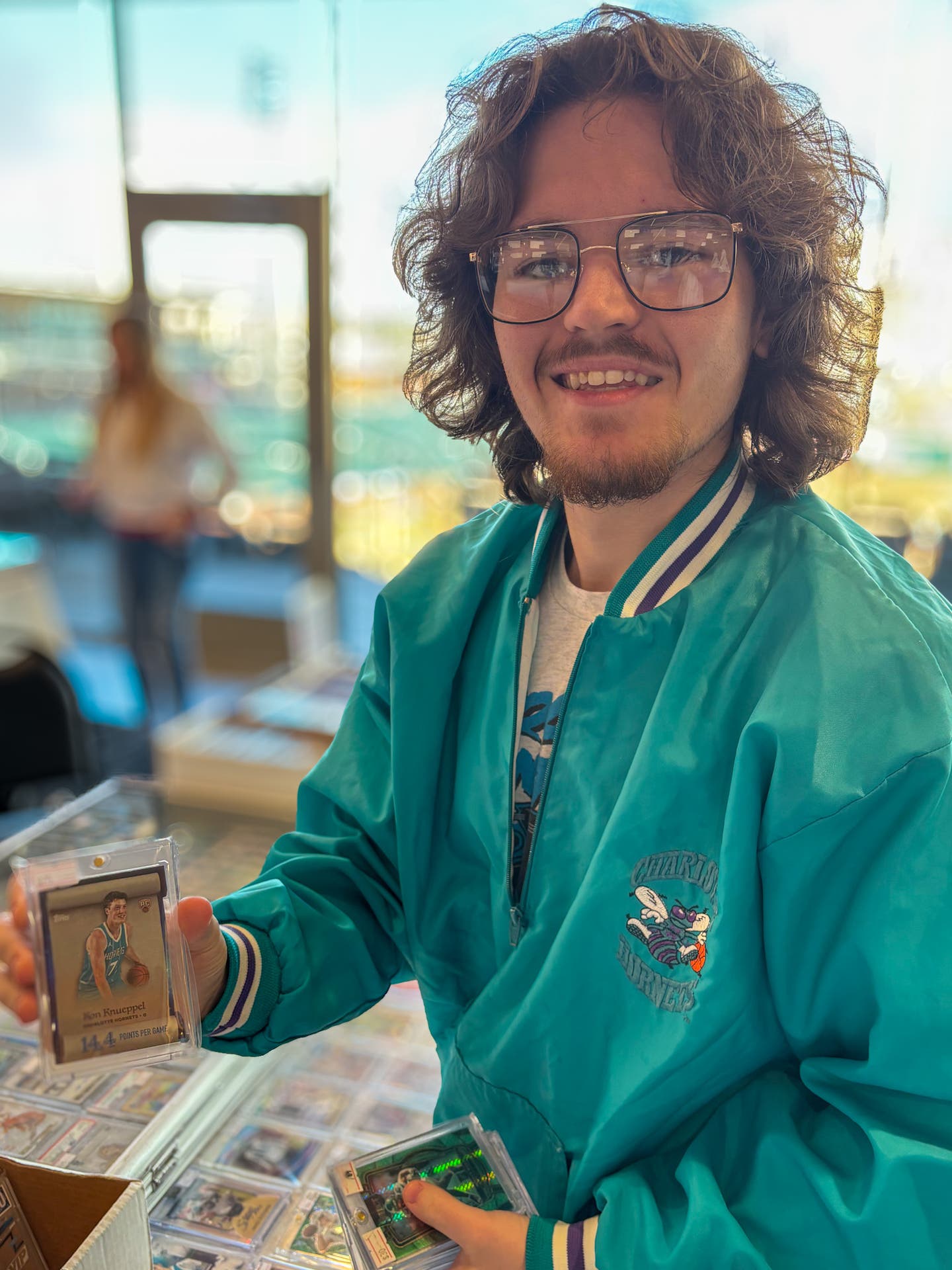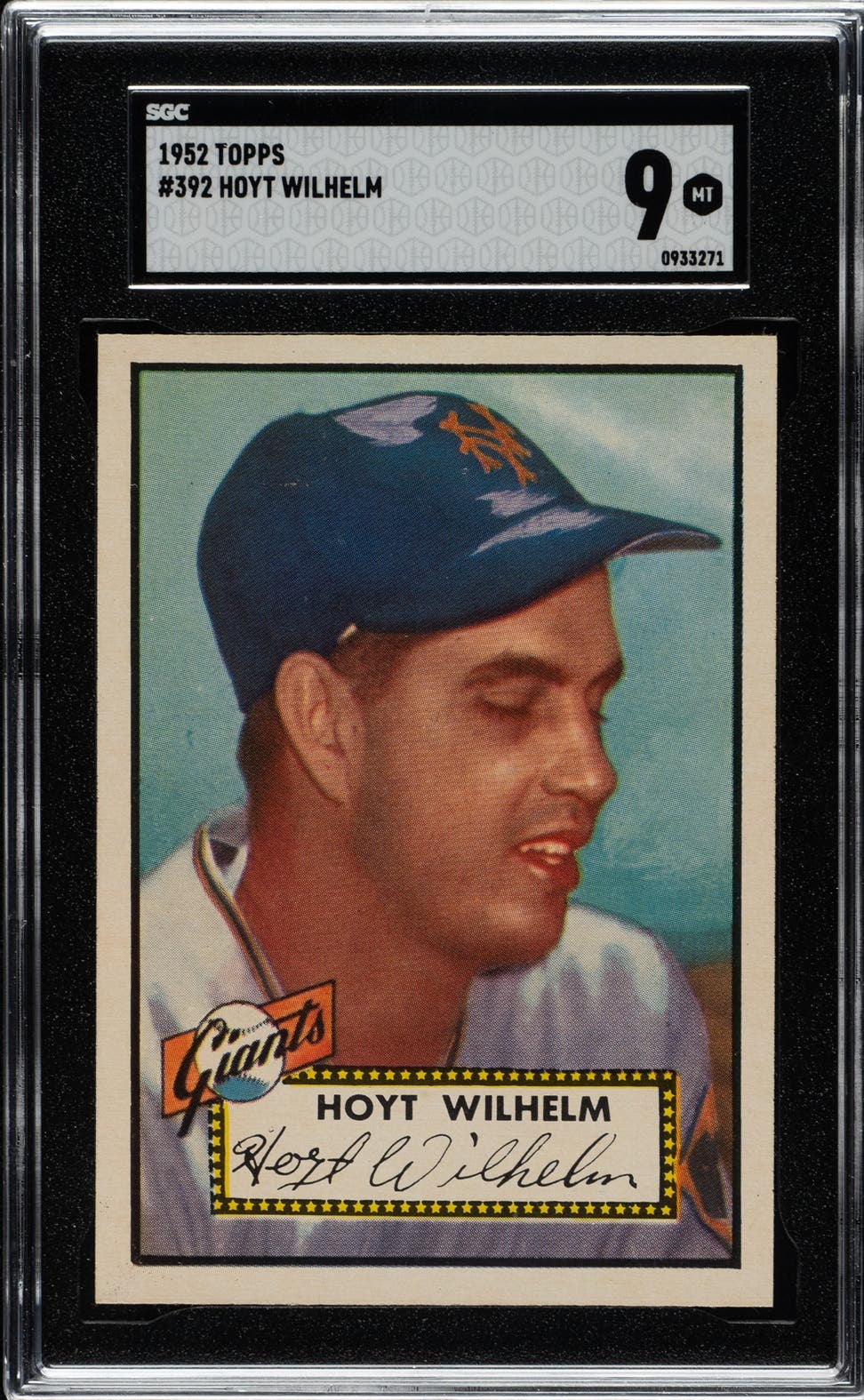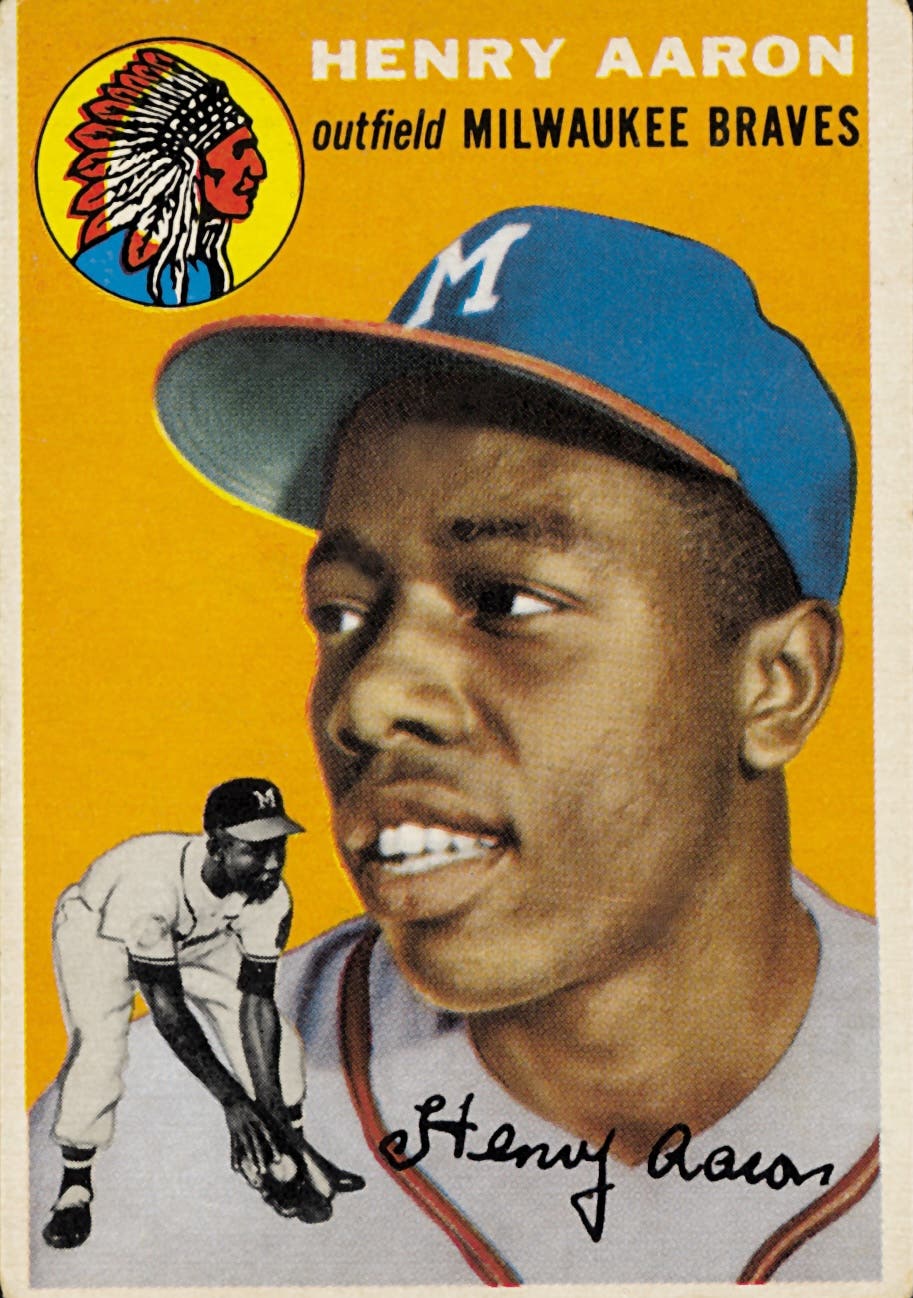News
Mike Rucinski: A Cup of Coffee With the Pros
By Ross Forman
This is the 1-2-3 of Mike Rucinski’s NHL career:
- One regular season game played.
- Two playoff games played.
- Three hockey cards, albeit all from his stint in the minors.
Rucinski was an All-Area quarterback and an All-State shortstop at Wheeling (Ill.) High School (class of 1982), yet hockey was his true calling.
He started playing hockey at age 7, in 1970, and eventually played two junior-level seasons for the Chicago Jets before landing at the University of Illinois-Chicago, where he skated for three seasons. He also played for Team USA in the World Championships in 1985, highlighted by a goal against the arch-rival Russians.
Rucinski was signed by the Calgary Flames after his junior season at UIC, in 1986, and eventually was traded to the Chicago Blackhawks.
He skated in two playoff games for the Blackhawks during the 1987-88 season, and then one regular season game – against Toronto – during the 1988-89 season.
A knee injury ended his pro career in 1990-91, and he switched to officiating, but that lasted only three seasons before he turned to coaching. Twenty years later, Rucinski is still behind the bench, coaching the Northwest Chargers’ midget major team and also the Carmel High School team, both in suburban Chicago. The Carmel High School Corsairs recently captured the Illinois State Championship with a 3-2 overtime win over New Trier White.
His playing legacy was honored in early 2013. Rucinski, 49, who lives in suburban Huntley, Ill., with his wife Christine and four sons (Matt, Justin, Dylan and Cody), was inducted into the Illinois Hockey Hall of Fame.
“Obviously it’s a thrill,” Rucinski said. “My whole life, I’ve always been so proud to say that I played all of youth, juniors and college hockey in Illinois. And then to play for the Blackhawks, that was a great thrill. The Hall of Fame induction is very cool.”
His parents, Dan and Nancy, attended the Hall of Fame ceremony, along with countless hockey friends.
“I loved the game and always have wanted to continue improving,” he said. “I played hockey in the driveway and countless games of street hockey. It was hockey, hockey, hockey. And I always was striving to get better.”
Today, though, pain in his knees and wrists keep him out of the traditional late-night adult league action. But he’s at local rinks almost daily from August through April, except some off nights on Fridays.
“Hockey is still fun for me. I love being in the rink, the relationships I have with my players and their parents,” Rucinski said. “Sure, there’s ups and downs in hockey, but never a dull moment. I really love what I do, and can’t think of doing anything else.”
After all, Rucinski has stopped his painting jobs and quit working construction. Rucinski is all hockey, 24/7.
In action
Rucinski chose UIC over Miami (Ohio) and the University of Michigan because he figured he had a better chance to play right away, even though it was the Flames’ first season playing a Division I schedule, and the team’s roster was filled with 17 freshmen.
“We took our lumps,” said Rucinski, who was named to the CCHL All-Rookie Team.
Rucinski signed with Calgary after his junior year in 1986.
His minor league gig included stops in Saginaw, Mich., Indianapolis, Ind., and Moncton, N.B., among other places. He is a two-time winner of the International Hockey League’s Turner Cup (1986, 1990).
“My dream always was to play for the Blackhawks,” said Rucinski, known as a finesse player.
That came to fruition during the NHL playoffs in 1988, for a pair of games in St. Louis. His lone regular season action in the NHL came during the 1988-89 season, a call-up for one game against Toronto, played at the old Chicago Stadium.
“My first NHL game was a playoff game. Obviously that was a thrill, a lot of fun, a great experience,” he said. “My one regular season game, I had a regular shift, and had one shot on goal. That was a big thrill, kind of overwhelming for me.
“I don’t talk about it much. The players who I now coach can’t even relate to the era. Some players who I have coached over the years have tried to pick my brain about the game, especially the pro game. They want to know as much about me and my hockey experiences as possible.”
After retiring from playing, Rucinski kept his skates on and switched to local amateur officiating.
“It definitely takes a special person to be a referee, and definitely a special person to be a referee for many years – because of all the craziness,” Rucinski said. “I enjoyed it.
“I officiated the way I wanted the game to be called when I played – you let the players decide the game and you just control the game.”
Officiating led to his run as a coach.
“What I was hearing from the coaches made me feel sorry for the kids because of the instruction that the coaches were giving. It made me think, ‘I have to start coaching,’ ” Rucinski said.
Twenty-plus years later, he’s still Coach Mike, whose local coaching resumé started with a Crystal Lake Mite AA team and has since included runs with the Leafs, Team Illinois, Chicago Young Americans, Barrington and Lake Park High School, among other stops.
He coached the co-op Carmel-Mundelein High School to a state championship in 2005. He coached the 2009 Chargers Midget Minor team to the Illinois State Championship, USA Hockey Central District Regional Championship and a berth in the USA Hockey National Championships, held that year in St. Louis.
In 2010, he also coached the Chargers’ Midget Major Team to an Illinois state championship and a berth to the USA Hockey National Championships in Rochester, N.Y.
“Coaching was my way of giving back to the game, giving back a little more direct than refereeing, not that officiating isn’t also giving back,” he said. “I never thought I would have been coaching for 20-plus years, but I just love it.”
Rucinski’s teams, particularly the Carmel High School clubs, have annually been the least penalized team in their league, even the state. That’s mandated by Rucinski.
“I really stress to the kids that they can play the game without the over-violent play,” he said.
He even has a strict team policy that if a player is penalized for arguing with an opponent or an official, he does not play the rest of that game or the next game.
“I always try to teach the kids that, yes, you can play the game without going into the penalty box. Plus, wouldn’t you rather play on the power play as opposed to penalty-killing? That leads to more success as a team,” he said.
Rucinski has rejected opportunities to coach in the junior ranks, “because the timing just wasn’t right,” he said. But he eventually wants to try his hand in junior hockey and maybe someday at the college level. “I think it would be kinda cool,” he said.
Rucinski models his coaching after all of his past coaches, not one in particular. His teams always are disciplined and everyone has a role to play.
“I guarantee zero ice time per game,” said Rucinski, who annually has parents and players sign off on that agreement at the start of every season. “You’ll get what ice time you earn; there is no such think as equal ice time.
“The biggest joy I get out of coaching is watching kids go on to play after I’m done coaching them, perhaps to college or junior hockey.”
Just like their coach did.
Rucinski’s cardboard legacy dates back to the 1980s. He appeared on UIC’s card-like schedule for the 1985-86 season, and has appeared on minor league hockey cards from ProCards Inc. Plus, Rucinski appears in the 1986-87 Moncton Golden Flames team set – and what a set that was.
The 28-card police set was sponsored by Coke, McDonald’s and radio station CKCW. The Golden Flames were a farm team for both Boston and Calgary, and the set contains early cards of Bill Ranford and Brett Hull. Plus, the team’s coach was Terry Crisp.
Ross Forman is a freelance contributor to SCD. He can be reached at Rossco814@aol.com.








